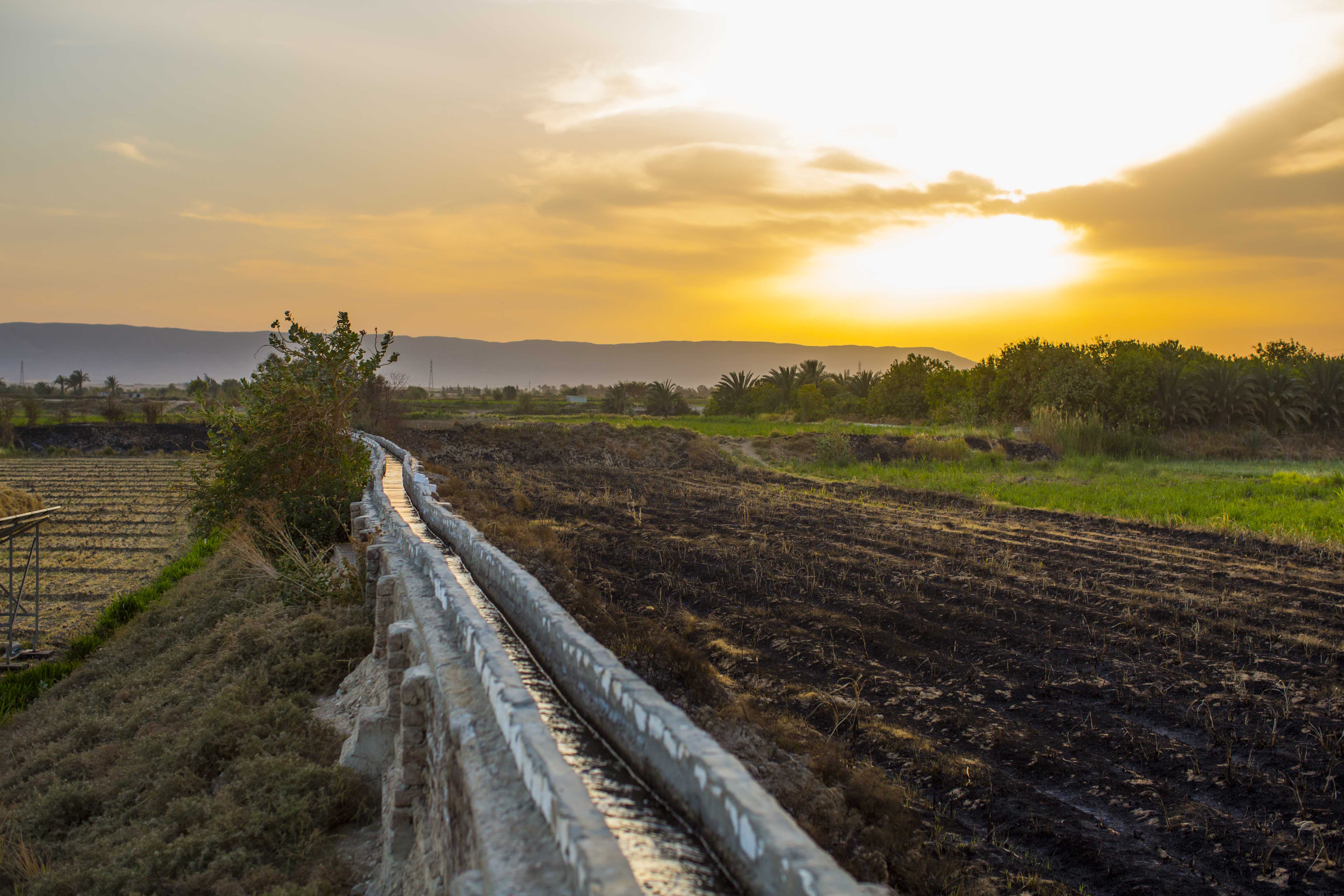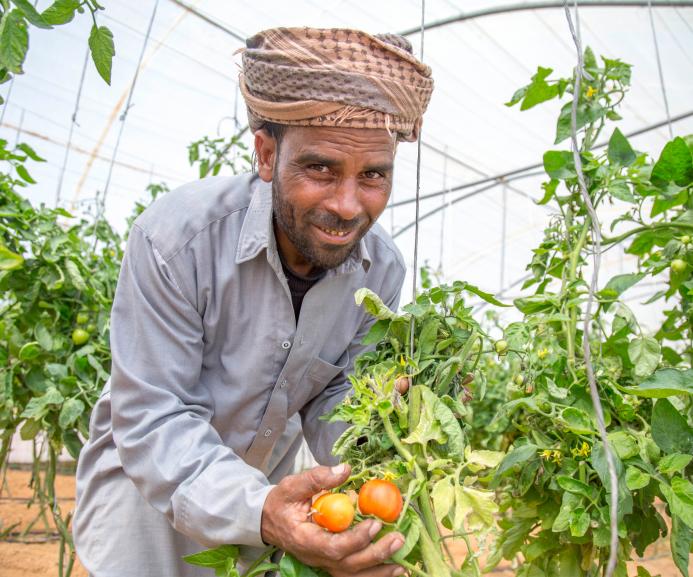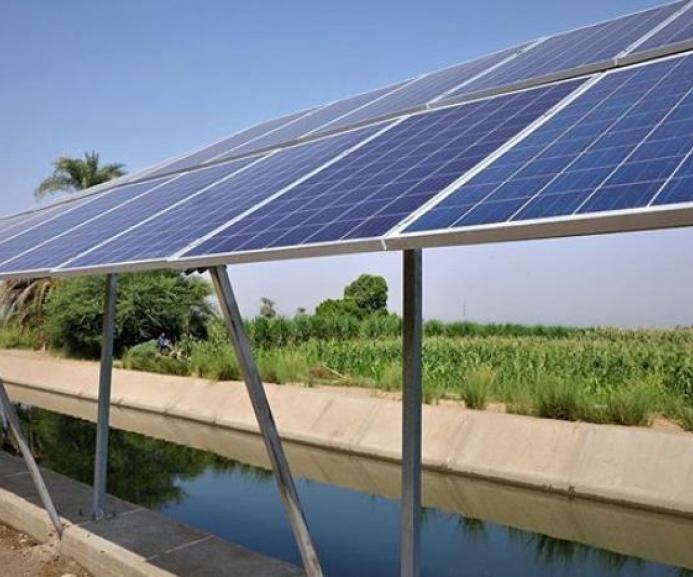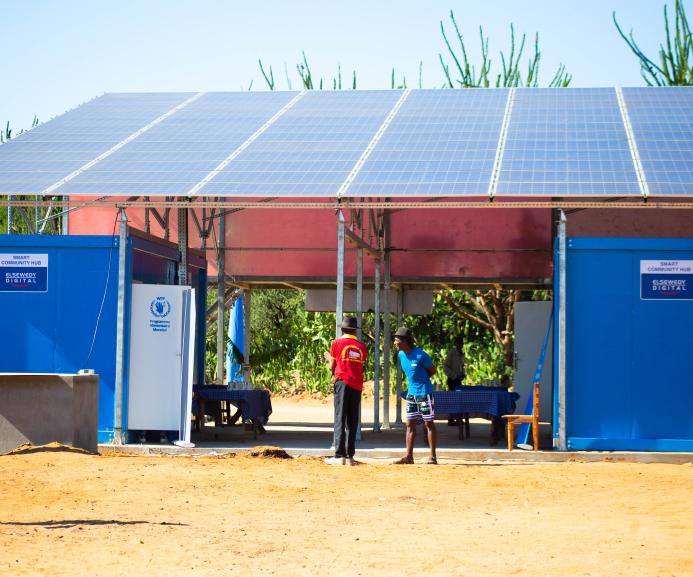
Sustainable infrastructure is crucial to ensuring that rural communities are resilient and self-sufficient. Building resilience for communities through sustainable infrastructure allows them to be autonomous and responsive to adverse shocks such as food and nutrition insecurity, poverty, climate and human-made shocks such as drought and land degradation respectfully.







